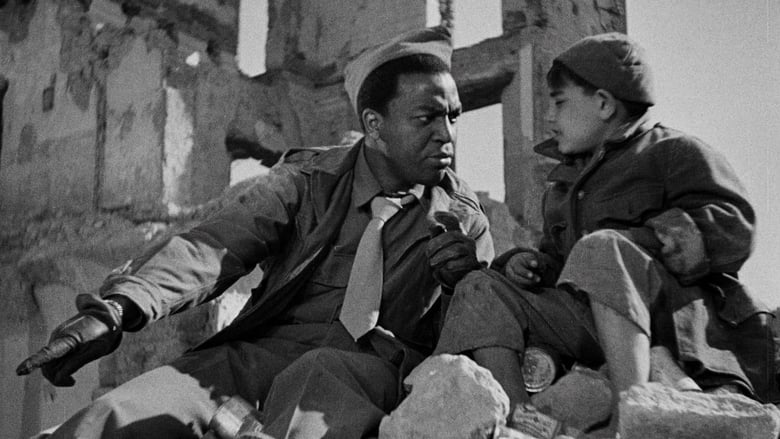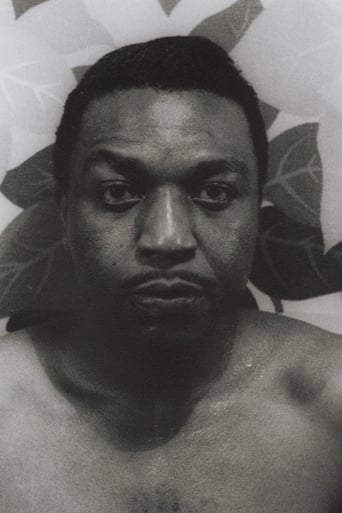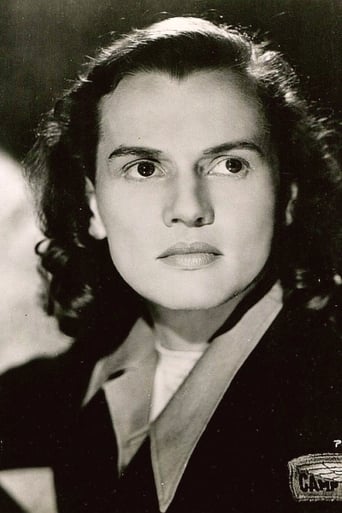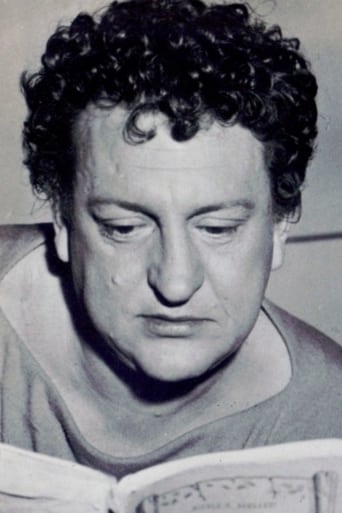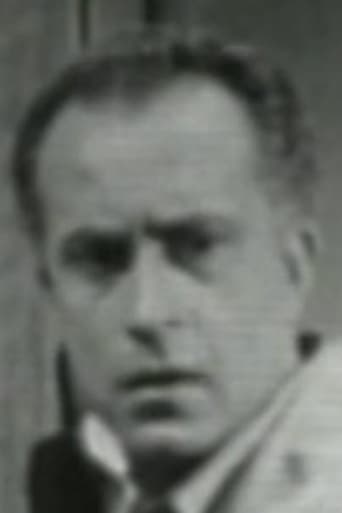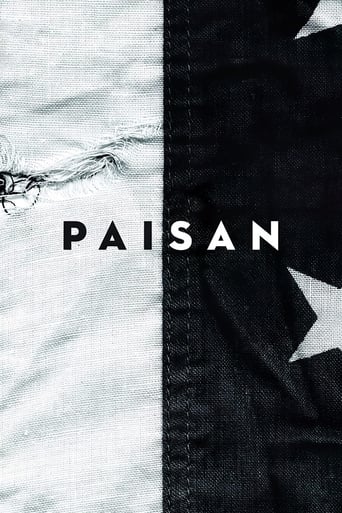
Six vignettes follow the Allied invasion from July 1943 to winter 1944, from Sicily north to Venice.
Similar titles
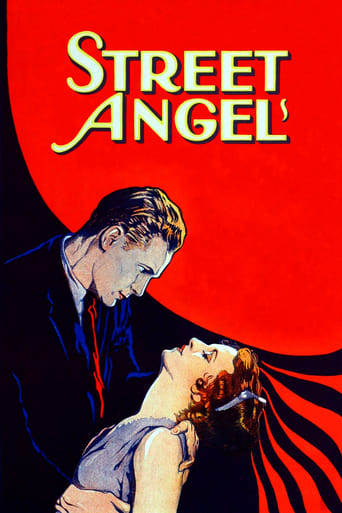

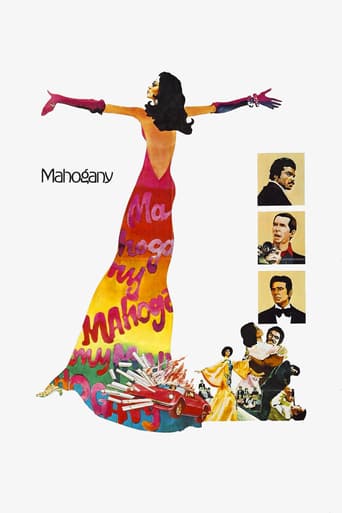

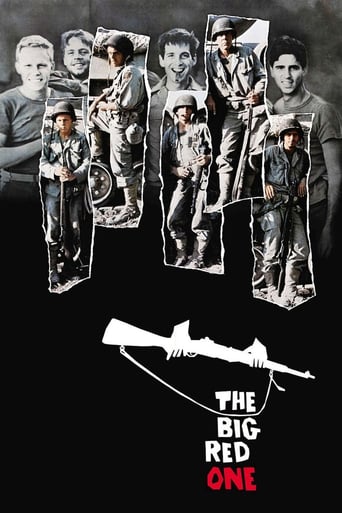
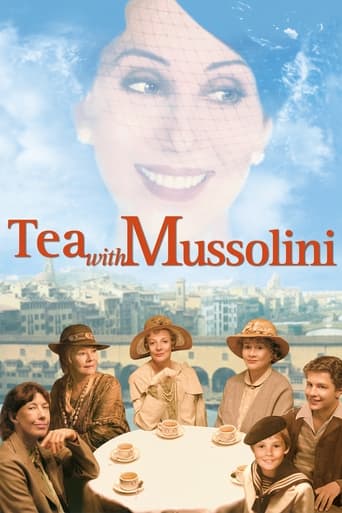
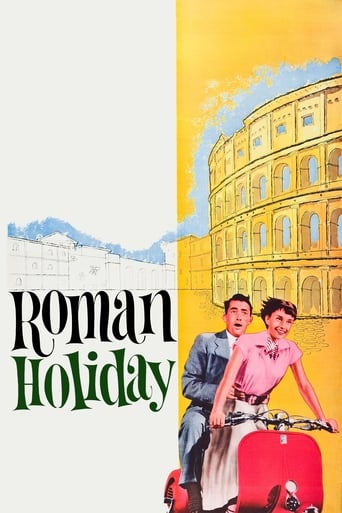

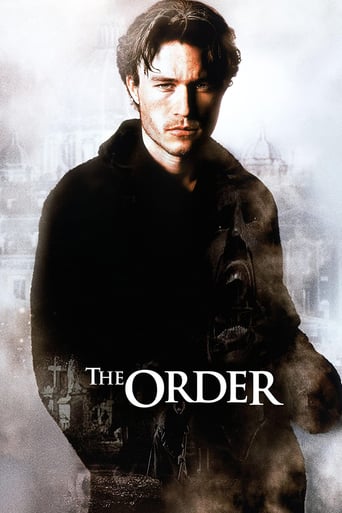
You May Also Like

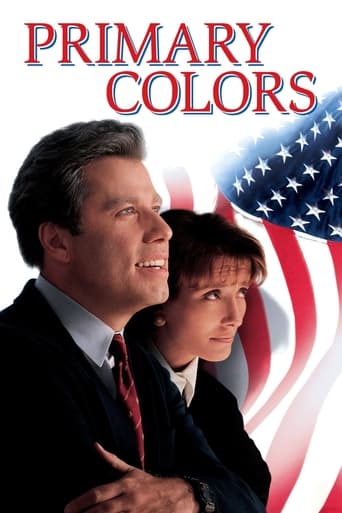
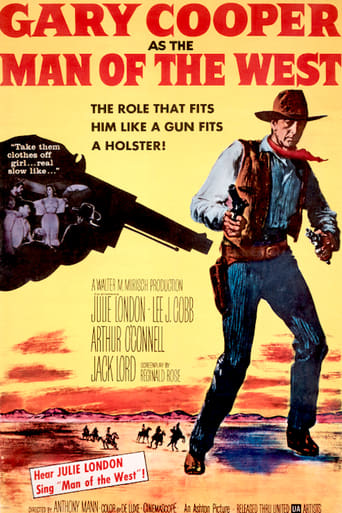
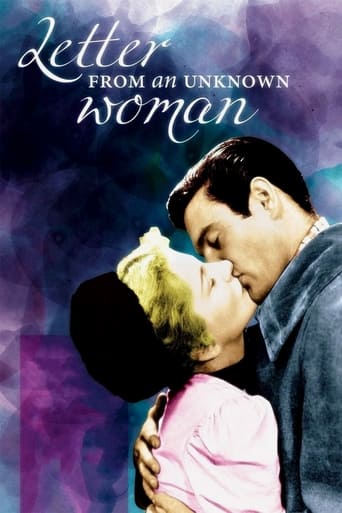
Reviews
Thanks for the memories!
Sick Product of a Sick System
Good movie but grossly overrated
Blistering performances.
I found this Italian film in the book 1001 Movies You Must See Before You Die, I had no idea what to expect, but a few of the foreign language titles featured in the book have been worthwhile, I hoped this would be another, directed by Roberto Rossellini (Rome, Open City; Europe '51, Journey to Italy). Basically the film is told in six episodes, each focusing on six characters, including resistance workers, nurses and the Allied forces, from July 1943 to the winter of 1944, from Sicily to the north and Venice. These stories include Carmela (Carmela Sazio) guiding an American reconnaissance patrol through a German minefield, orphaned street urchin Pasquale (Alfonsino Pasca) who happens upon and steals the boots of bitter and drunk African-American soldier Joe (Dots Johnson), and drunken American soldier Fred (Gar Moore) finding prostitute Francesca (Maria Michi) who don't at first recognise each other. Also included are American nurse Harriet (Harriet Medin) and desperate partisan Massimo (Renzo Avanzo) risking their lives to get across the Arno river, three American chaplains: Catholic and Italian speaking Captain Bill Martin (William Tubbs), and his two colleagues are a Protestant and a Jew, and finally three members of the OSS (Office of Stratetgic Services) operating behind enemy lines to rescue two downed British airmen in the Po delta. I could tell whilst watching that the cast is made up of unprofessional actors, which accounts for awkwardness of dialogue and performances, it certainly adds to the realism of the documentary style of of filmmaking, but I will be honest and say that I lost track most of the time throughout anyway, and it's not the sort of thing I'd see again, but there were moments that got my attention, overall it is an alright neorealist war drama. It was nominated the Oscar for Best Writing, Story and Screenplay, and it was nominated the BAFTA for Best Film from any Source. Worth watching, at least once, in my opinion!
Robert Rossellini series of short stories will have you at the edge of your seat. From romance to action, each story vividly portrays the Italian Neo-realist style. Paisan touches base on documentary, society and politics. I think that Rossellini did great job at hiring non- professional actors in order to incorporate them within the backdrop of the scenes. The storyline was also very detailed and made it seem like it was more of a documentary than an actual fictional film. The movie had me guessing at some points which kept me interested throughout the film. I noticed that Rossellini left room for us to fill in the story, letting us take on our own interpretation on things. For example, in each of the stories we don't really know much about the protagonist and I found myself creating their backgrounds in my mind. He did a wonderful job at inspiring emotion whether it be positive or negative. I have to admit that before I watched this film in class I was a bit skeptical. I definitely think that it portrays great characteristics of of neo- realism. One of the scenes that I thought was really interesting was when the baby is alone with no one to comfort or take care of him/her. It made me extremely sad but did a great job at illustrating the nature of war. He did a great job at illustrating Italy during World War II. I thought he provided several elements for us to choose from, giving us something to relate to and become emotionally attached to. Rossellini did a fantastic job at creating and directing a film that seemed extremely real. He blurred the lines between documentary and fiction beautifully. Now I see why he was very respected for his films.
Paisa is a collection of six short films that make up the second part of a war trilogy, directed by Roberto Rossellini. As I watched all six films the main theme I observed was friendship, more specifically the ability to make and retain friends from many different social and cultural backgrounds. Although all the films carry with them this central theme, I am only going to be discussing the first film. This first film deals with three American soldiers, who hire an Italian woman, named Carmella, to lead them through a German minefield. Two of the men decide to go check out the territory, while the third man, whose name is Joe, and Carmella stay hidden in the basement of a seaside castle. While in the basement, Joe uses his limited knowledge of Italian to talk to and befriend Carmella. As they discuss both their lives, Joe and Carmella develop a friendship, at speed which can only be attributed to what I call, fast-friendships, developed at times of great stress, people just want to believe they are not alone in their war-torn life. Joe uses his basic skills in Italian, to talk to Carmella, who could by all accounts be considered the enemy, in fact when the other two soldiers, return to the castle and find Joe dead and Carmella missing, even they believe that Carmella is behind Joe's death. They themselves would find it hard to believe that in the short time that Carmella and Joe were left together, that they could become such good friends. So good, in fact, that when the German/Italian soldiers shot and killed Joe, Carmella made sure to get revenge, sacrificing her own life so that Joe's death, would not go unnoticed. Unfortunately for Carmella, although Joe's death did not go unnoticed, it was not because of her sacrifice. Joe's two army buddies believed that Carmella was the one to kill Joe, which was really sad, because now in the future they will probably not be as quick to help and befriend the native population of the countries they are at war with.
If there's one thing movies need, it's actors who can play the roles. Directors need people who are trained to perform their characters as best as the director visions them. Good actors get recognized and continue performing as well as they can. Yet, in the 1940s, Italian directors pioneered a certain form of filmmaking called "neorealism". This involved filming on location as opposed to a set and even had actual Italians performing the roles. Many of these had little to no experience acting, but the directors believed that their stories would be better told using actual Italians. Think of it as "for Italians, by Italians, starring Italians." One of the movies to incorporate this idea was Roberto Rossellini's post-WW II movie Paisan.A large number of people would think that something like putting actual Italians to tell this movie would be a pretty interesting idea, and it actually is. Rossellini took something that hadn't really been done before at the time. Many of his movies are pretty famous because of it, and the idea itself has been pretty influential. Paisan really is no exception. Instead of using Italian actors, Rossellini used actual Italians in different roles combined with American actors. It's a pretty ingenious idea in terms of filmmaking. Unfortunately, the movie feels a little dry. It's probably the realism of the movie or the stories that come across in the film.I say stories because the movie itself is actually a series of five vignettes as opposed to one full story. All of these have to deal with American soldiers in Italy after World War II. The first story deals with Americans in an Italian city who take one girl from the town to a seaside cliff. One of the soldiers tries to communicate with her but finds it hard because he doesn't know Italian. The second story is about a black American soldier who befriends a homeless boy that stole his boots. The third story has an American sleeping with an Italian prostitute musing about an Italian girl he used to love and tried to find again. He has no idea that the prostitute is the very girl. The fourth story has an American nurse meeting a painter who is a revolutionary leader named "Lupo". They struggle to get across the Ponte Vecchio and to safety. The last story is about American soldiers who are captured by the Nazis and executed before the war was over.The interesting thing about this movie is that because these are actual Italian people portraying Italian people, it appeared as if they were Italian people. The little boy wasn't trying too hard to play a poor Italian boy because well, he IS one. However, it's easy to tell that there is no experience with these people. The prostitute could have been done by an Italian actress, one who didn't really say her lines really monotonously. She realized who the guy she had was; she could be a little more shocked. The American actors were fine. Many of them felt like they actually were their characters as opposed to just acting them out. This makes it more interesting and even improves their acting. It's one thing to communicate with someone you know is faking it as well; it's another to communicate with someone who probably isn't. You have to be convincing enough to them, and that makes you convincing enough for the audience.The ideas of communication and friendship are very heavy in this movie. The Italians are speaking Italian, but many of the Americans don't understand and find it hard to connect with these people. Rossellini tries to emphasize that in the first story. The Americans in the other stories knew some Italian, but it was the ignorance of the other Italian characters that cost them. The soldier with the boy didn't realize that the boy was homeless from the war and became mad at the boy when he stole his boots. The soldier with the prostitute didn't trust her judgment, and the story doesn't end too well for the both of them. The same can be said about the fourth story. Connecting with the people around you is important in these stories, and it becomes even easier if you understand them.Unfortunately, this movie is a bit dry for me. When you try to make a story as real as humanly possible, you wind up making it so real that it feels like you're there. That works on numerous occasions such as mystery thrillers or suspenseful films, but these stories do come across as boring at times. The pacing of the movie has some part to play as the stories seem to go on and on. By the time something exciting or really dramatic happens, the scene is over. That may have been Rossellini's intent, but it doesn't help when there's nothing to keep us wanting to see these stories continue.Bottom line: Paisan is a potentially good showcase because it uses potentially interesting concepts. The realism in the acting and the set really make the movie convincing. The ideas about communication and connection really do come across in the stories, but the stories don't pace well and have very little dramatic worth. The filmmaking ideas are influential and have good intents, but it helps when the story itself is interesting. Not everyone is an aspiring filmmaker, but those who are can learn a lot from this movie.
Top Streaming Movies











